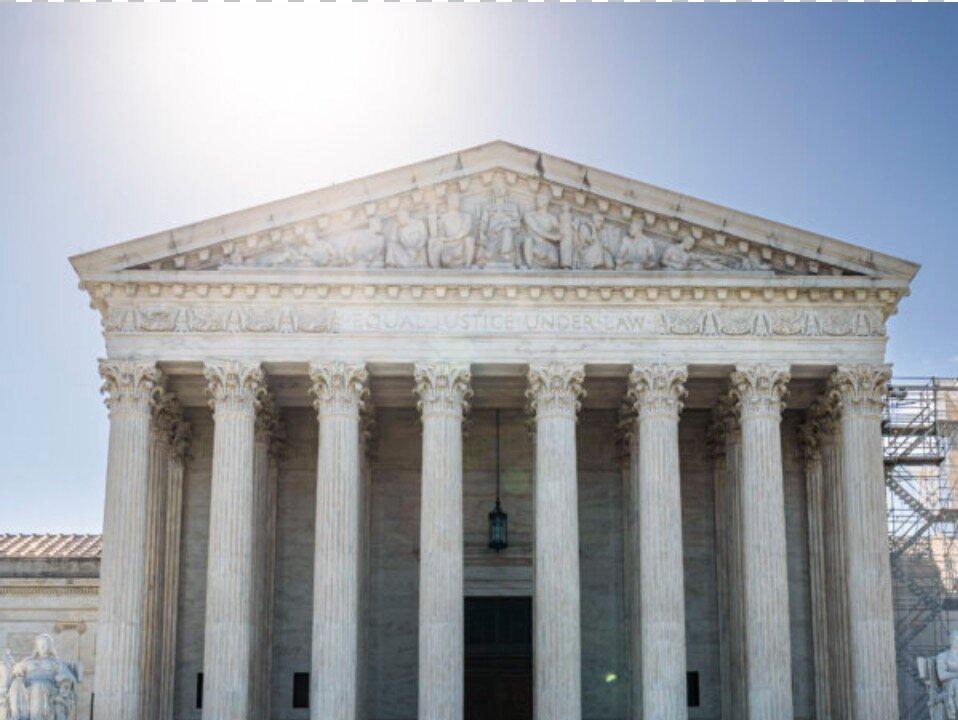With the end of its 2024 term fast approaching, the U.S. Supreme Court is set to release a series of blockbuster rulings in coming weeks.
The outcomes of these cases have big implications for U.S. political life as well as the 2024 election: they touch on issues relating to whether former President Donald Trump enjoys broad immunity for his activity as president, obstruction charges around the Jan. 6 Capitol breach, social media laws, and the power of federal agencies.





